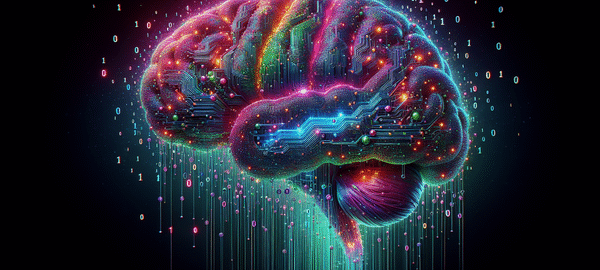Artificial intelligence giants are secretly harvesting your data without consent or compensation.
In an era where artificial intelligence reshapes our digital landscape, tech giants are crossing ethical boundaries with data scraping. As we’ve seen with recent industry outrage over AI lyrics generation, the battle between innovation and rights protection intensifies daily.
During my time at Stanford’s CCRMA, I witnessed firsthand how AI could both enhance and threaten musical creativity. One day, I discovered my experimental soundscapes had been scraped and used to train an AI model – without my knowledge or permission. The irony wasn’t lost on me.
The Dark Reality of AI Data Harvesting
Tech giants are playing a dangerous game with our data. According to recent investigations, companies like Google, Microsoft, and Meta are potentially using their consumer products to train artificial intelligence models without explicit consent.
Microsoft claims they don’t use Microsoft 365 data for AI training, instead relying on ‘de-identified’ data from Bing searches and Copilot interactions. However, professionals using these tools face significant risks, especially those with confidentiality duties like lawyers and doctors.
Google’s track record is even more concerning. Their updated privacy policy explicitly allows the use of ‘publicly available’ information for training AI models like Bard and Gemini. The company’s history, from Gmail scanning to GOOG-411’s hidden agenda, reveals a pattern of data exploitation masked as free services.
Protect Your Digital Creative Rights
The battle for data privacy isn’t lost – it’s evolving. As creators and consumers, we must demand transparency and fair compensation for our digital contributions. Share your thoughts: How do you protect your creative work from unauthorized AI training? Let’s build a community of informed and empowered artists.
Quick FAQ on AI Data Scraping
Q: What data can AI companies legally scrape?
A: Currently, AI companies can scrape publicly accessible content without barriers like paywalls or login requirements. However, the legal definition of ‘publicly available’ remains unclear.
Q: How can I protect my data from AI scraping?
A: Use privacy settings, implement robots.txt files, and avoid sharing sensitive information on public platforms. Consider using encrypted services for confidential communications.
Q: Are there laws protecting against unauthorized AI training?
A: While copyright laws exist, they’re still catching up to AI technology. The EU’s GDPR provides some protection, but global regulations vary significantly.
